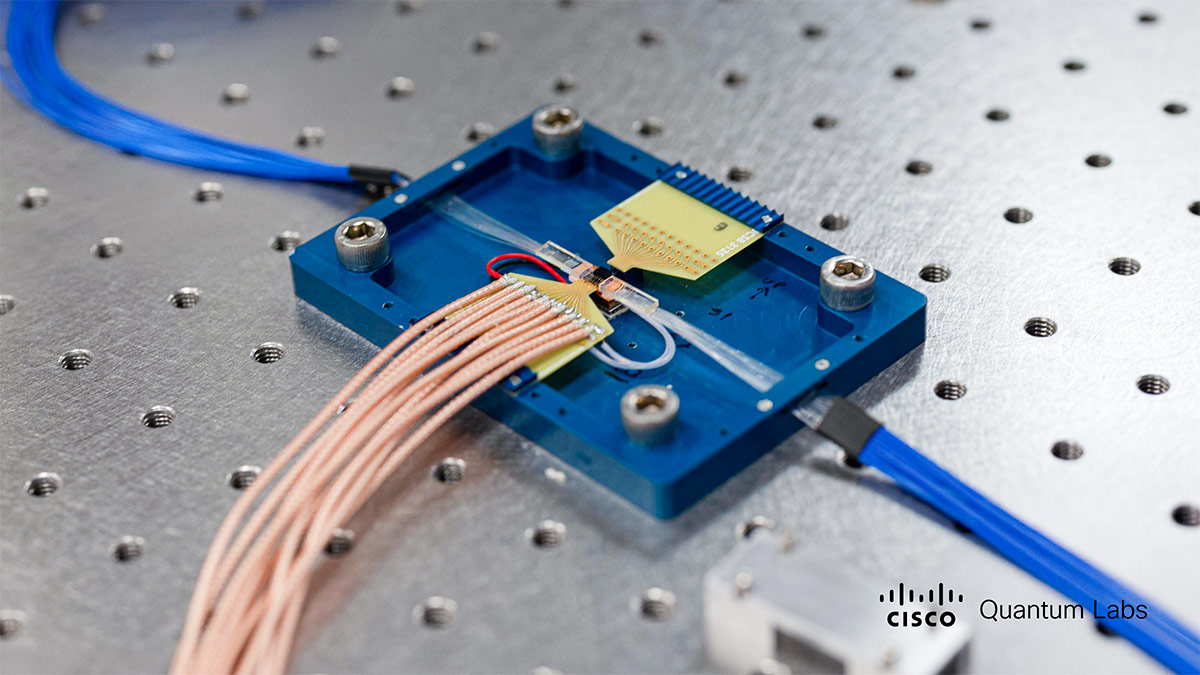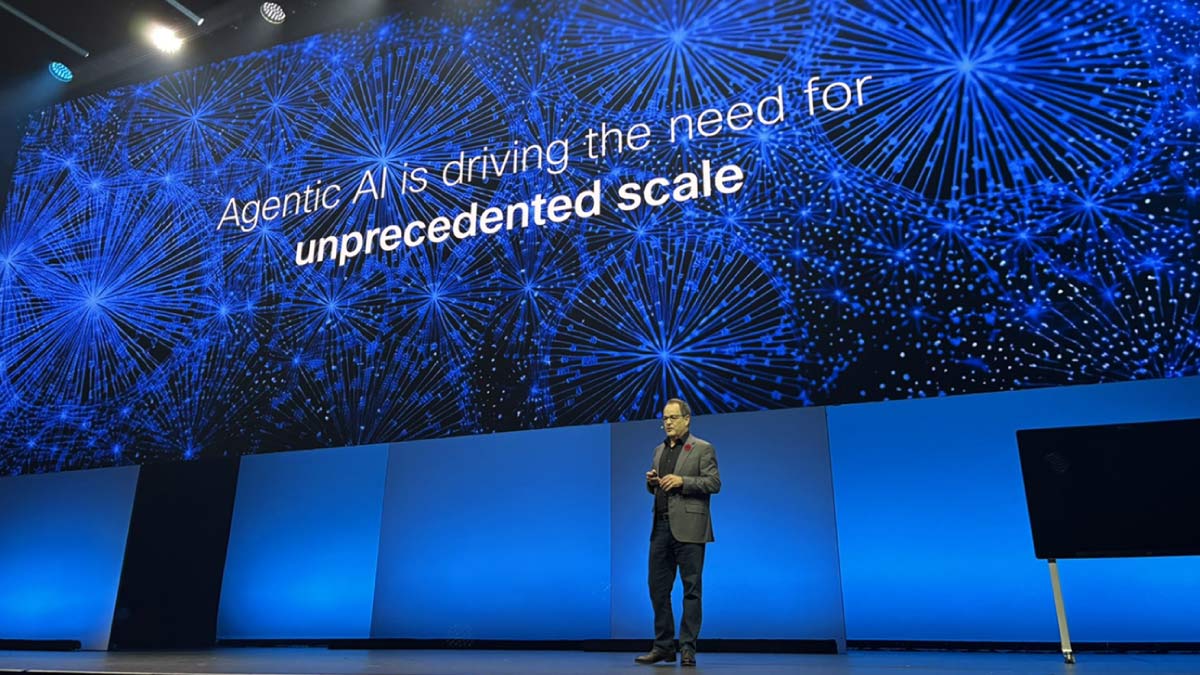LONDON, UK, April 11, 2002 - Cisco Systems, the worldwide leader in networking for the Internet, announced today that it has helped the Greek Research and Technology Network (GRNET) upgrade to a Gigabit Metropolitan Area Network (MAN).
The installation of Cisco's next-generation 12000 Routers, capable of speeds of up to 10 Gbps, gives the academic community in Greece access to high-end technology applications such as e-Learning and Video-on-Demand plus the shared use of high performance applications and real-time co-operation in addition to providing a test environment for new applications and network capabilities.
The new network, integrated by Intracom S.A., a member of the Cisco Gold Partner Programme, will enable the use of new GRID applications, an infrastructure enabling the use and co-operation of high-end computers, networks, databases and scientific instruments owned and managed by multiple organizations and disciplines.
The GRNET installation builds on Cisco's long track record of working with the world's leading research and academic institutions to deliver high-capacity IP networks that are essential for the sharing of ideas, information and learning.
"There is a growing need for high-speed, high capacity networks amongst the academic and research community, as web applications using audio and video become increasingly important for learning", said Jane Butler, Head of Strategic Technology Research and Collaboration, Cisco Systems, EMEA. " Collaborating with this community is also a great opportunity for Cisco to develop the next generation Internet architecture and services."
Last year Cisco announced of the first 10Gbps academic research networks in Europe - the United Kingdom's Education & Research Networking Association (UKERNA)'s high-speed IP Core called SuperJANET4, Holland's SURFnet5 and Sweden's national education network (SUNET).
Other academic and research networks Cisco has worked with in Europe include: Germany's Deutsches Forschungsnetz (DFN), France's Renater network,the pan-Nordic academic network Nordunet and CESNET, the Czech National Research and Education Network.
Cisco is also leading a consortium of industry and academic institutions in building a pan-European, high-capacity IPv6 research network largely funded by the European Commission. 6NET will enable service providers and European research and educational institutions to define next-generation network capabilities for the delivery of new and enhanced applications to Internet users worldwide.






